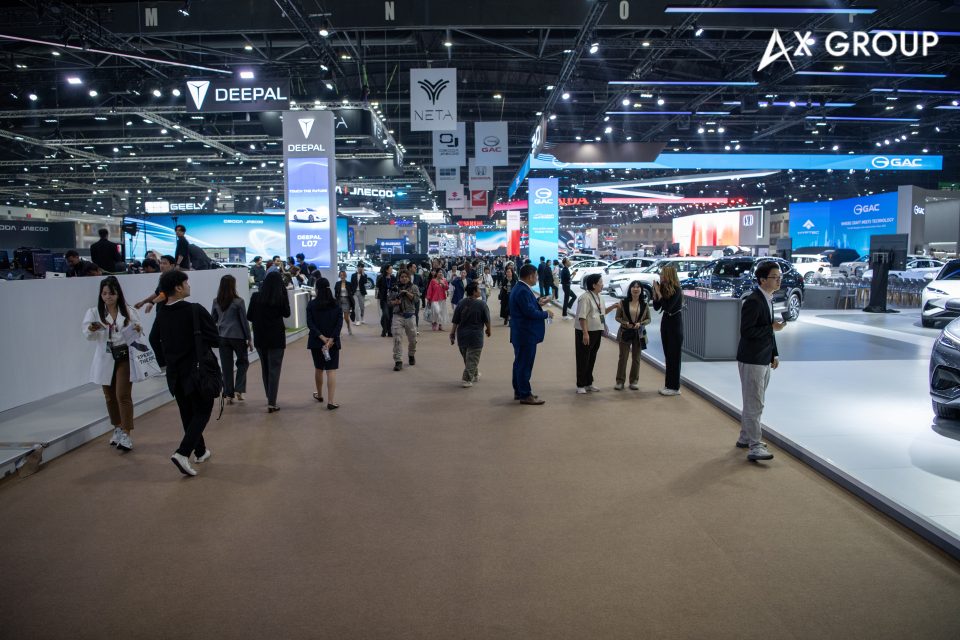Undeterred by Washington’s new auto tariff policy, Neta Auto Thailand, the Thai subsidiary of the Chinese battery electric vehicle (BEV) manufacturer Neta Auto, is planning to boost its investment in Thailand to establish the country as an export hub in Southeast Asia.
The company is not worried about the impact of US tariffs imposed by President Donald Trump, as its primary target markets lie within Southeast Asia.
The 25% tariff on foreign-made automobiles exported to the US took effect on April 2, while auto parts exporters are expected to face new duties by May 3, according to media reports.
Neta Auto will continue to expand its operations in Thailand, having partnered with Bangchan General Assembly Co to begin assembling BEVs in March 2024 at their factory located in the Bangchan Industrial Estate in Bangkok, stated Sun Baolong, general manager of Neta Auto Thailand.
This facility marks the company’s first BEV plant outside of China.
While Neta has not disclosed the exact amount of the additional investment, they mentioned it will exceed the previous estimate of 5 billion baht.
“We are committed to making Thailand a hub for BEV production and export in Southeast Asia,” he said.
The company produces right-hand drive BEVs in Thailand, with an annual production target of 10,000 units this year, and plans to ramp up production to 50,000 units by 2029, according to Mr. Sun.
Neta is also set to open a BEV repair and maintenance center this year to better serve its customers in Thailand.
He noted that while the Thai EV market shows significant growth potential, intense competition has led to a price war, making potential buyers hesitant to purchase new cars for fear of further price declines.
Mr. Sun anticipates that this pricing strategy will come to an end by 2026.
“EV manufacturers engaged in price wars should take note of past experiences. It ultimately harms their brands and erodes customer trust,” he remarked.
Neta expects new registrations of BEVs to reach 85,000 units this year, an increase from 70,137 units in 2024.
A slowdown in domestic car sales remains a significant challenge for car manufacturers, particularly as consumer purchasing power is weak and banks along with car financing companies maintain stringent requirements for auto loans amid high levels of household debt, Mr. Sun explained.
During the 12-day Bangkok International Motor Show that concluded on April 6, Neta vehicle bookings declined to 1,219 units, down from 1,618 units the previous year.





